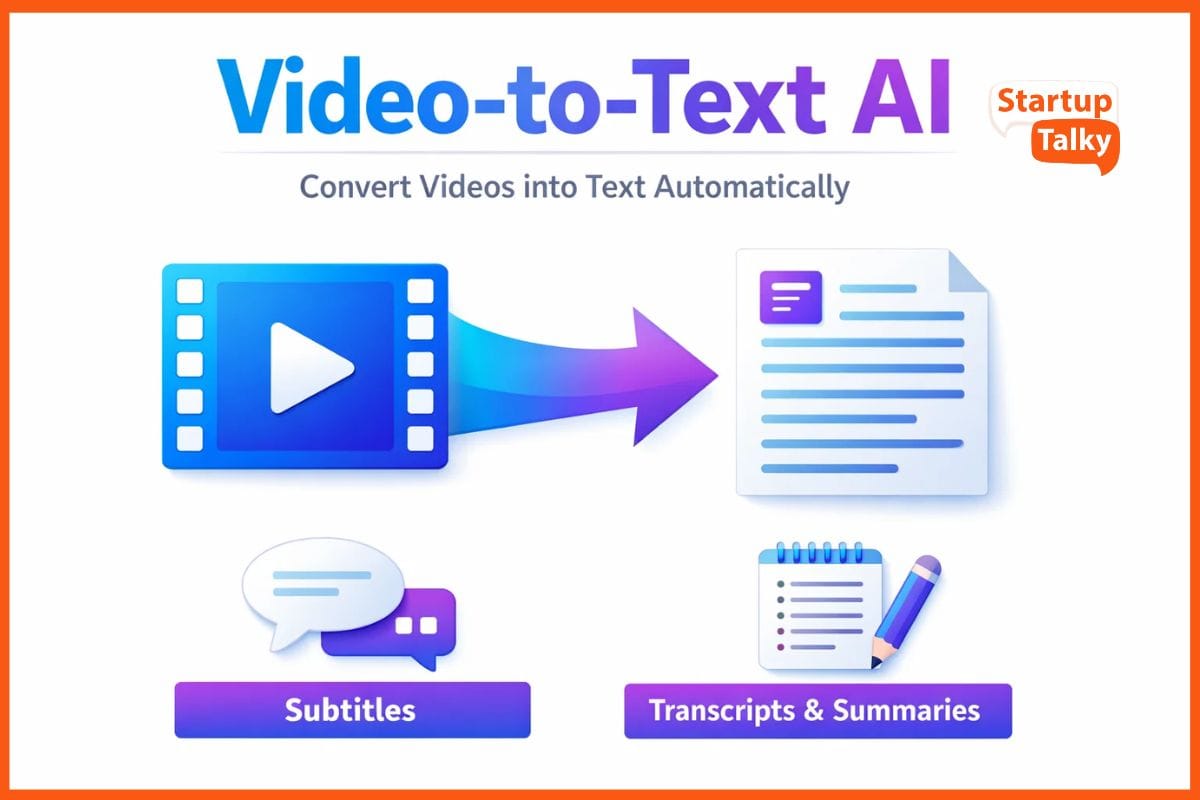The Role of Learning Management Systems in Startup Growth
📖 Learning
In this era of rapid digital technology advancement and global connectivity, startups are charting new territories to find pathways to success. One essential tool gaining increasing recognition in this quest is the learning management system (LMS). It serves not just as a digital platform for education but as a growth catalyst, enabling startups to develop, retain, and nourish a skilled and talented workforce.
Among various LMS platforms, some options, such as the Totara learning management system, stand out due to their unique blend of flexibility and adaptability. These systems transcend their roles as tools to become strategic partners, forging potent opportunities for startups to surge ahead.
Read on to delve into ways LMS can contribute to your startup’s success and learn actionable strategies to maximize its benefits.
Boosting Employee Skills and Knowledge
Bridging the Gap Between Learning and Application
Cultivating Innovation Through Learning
Enhancing Workforce Retention
Actionable Steps for LMS Implementation
Boosting Employee Skills and Knowledge
In the dynamic startup environment, leveraging knowledge is essential to attaining a competitive edge. A well-integrated LMS acts as an accelerator, enhancing the intellectual capital within your team. It promotes continuous learning, empowering team members to adapt to changing market trends, and fueling startup growth.
Here are the primary ways an LMS enhances skill development:
- Customized Learning Pathways: You can customize the learning content based on each team member’s role, needs, and skill gaps. This customization promotes effective skill enhancement.
- Collaborative Learning: An LMS can convert learning into a shared experience. Features like discussion forums, chats, and virtual study groups foster a collaborative learning environment, honing technical and soft skills.
- Culture of Lifelong Learning: By consistently providing fresh and relevant content, an LMS helps build a culture of lifelong learning. This enhances productivity, fosters creative thinking, and fuels startup growth.
Accordingly, an LMS doesn’t merely disseminate knowledge but transforms your startup into a learning organization, evolving it from a fledgling venture into a potential industry frontrunner.
Bridging the Gap Between Learning and Application
Knowledge acquisition is merely the first step in the learning journey. The actual power of learning emerges through its practical application, delivering significant outcomes for your startup.
Here are some ways an LMS helps in this transition:
- Practical Simulations: An LMS provides simulation opportunities, allowing your team to practice new skills in a controlled, risk-free setting, making learning more engaging and interactive.
- Project-Based Learning: Assigning projects within the LMS reflecting real-world problems enables your team to apply their learned concepts, reinforcing their comprehension.
- Instant Feedback: As your team interacts with learning material and undertakes assessments, they receive real-time feedback on their performance, facilitating prompt identification of improvement areas and corrective actions.
- Gamification: Features like leaderboards, badges, and points gamify the learning experience, motivating employees to participate actively and apply their knowledge.
An LMS is more than a knowledge repository; it’s a platform promoting knowledge application, delivering tangible results for your startup’s growth.
Cultivating Innovation Through Learning
Innovation is the lifeblood of startups, and nurturing an environment that encourages creative thinking is paramount. An LMS serves as a conduit for cultivating innovation within your startup, fostering a mindset of continual learning and growth.
The following are some ways an LMS fuels innovation:
- Access to Diverse Knowledge Resources: An LMS provides diverse and dynamic learning resources. Your team gains exposure to a broad array of knowledge, encouraging them to think outside the box and foster creative solutions.
- Collaborative Learning: By facilitating a shared learning environment, an LMS promotes idea exchange and collaboration, potentially sparking fresh insights and innovative problem-solving approaches.
- Continuous Learning Environment: With an LMS, learning isn’t restricted to fixed schedules. Your team can access content anytime, allowing them to learn at their own pace and keeping their minds open to new ideas and concepts.
Through these avenues, an LMS becomes a powerful tool to foster innovation. By facilitating access to diverse knowledge, promoting collaboration, and keeping your team abreast of the latest trends, it paves the way for innovative ideas to sprout and influence your startup’s growth trajectory.
Enhancing Workforce Retention
Workforce retention is a critical factor in startup growth. A high turnover rate can inhibit progress, cause instability, and escalate recruitment costs. Conversely, retaining talented employees facilitates the construction of a stable, skilled team capable of driving your startup forward.
Here’s how an LMS can improve workforce retention:
- Employee Engagement: Enhancing employee engagement is a critical function of an LMS. When you deliver personalized learning experiences using an LMS, it’s more likely that team members will find the content engaging and relevant. This increased engagement, in turn, strengthens their commitment to your startup, contributing to workforce retention.
- Career Development: An LMS provides resources for skill enhancement and professional growth. By investing in your employees’ career development, you demonstrate their value, increasing loyalty and reducing turnover.
- Recognition and Reward: Gamified learning and badges for course completion within an LMS can deliver a sense of achievement and recognition. These reward mechanisms can motivate team members, making them feel appreciated and inspiring them to stay.
By focusing on these areas, an LMS can significantly contribute to employee retention, creating a strong and dedicated team ready to propel your startup to new heights.
Actionable Steps for LMS Implementation
Implementing an LMS can be a game-changer for your startup, but the process requires thoughtful planning and execution.
Here are some specific steps to help you effectively utilize this powerful tool:
- Define Your Learning Goals: Clearly outline your goals with the LMS. Your objectives could range from skill development to fostering a learning culture or driving innovation. Clear goals guide the implementation process and help measure your LMS’s success.
- Choose the Right LMS: All LMS platforms aren’t equal. Choose one that aligns with your startup’s needs, offers flexibility, and can scale with your growth. Consider features, user-friendliness, and customization options as essential factors.
- Encourage Employee Ownership: Foster an environment where employees take charge of their learning. Encourage them to set personal learning goals, explore diverse resources, and actively engage in the learning process.
Remember, the successful implementation of an LMS is a journey, not a destination. Regular evaluation and adjustments will ensure your LMS continues to contribute to your startup’s growth effectively.
Conclusion
Integrating an LMS into your startup’s operations can catalyze growth, foster innovation, and cultivate a robust learning culture. It’s more than just software; it’s a strategic asset for empowering your workforce and positioning your company for sustained success. Now is the time to leverage this technology to its full potential. Take the first step today and watch your startup thrive.

Must have tools for startups - Recommended by StartupTalky
- Convert Visitors into Leads- SeizeLead
- Website Builder SquareSpace
- Run your business Smoothly Systeme.io
- Stock Images Shutterstock






